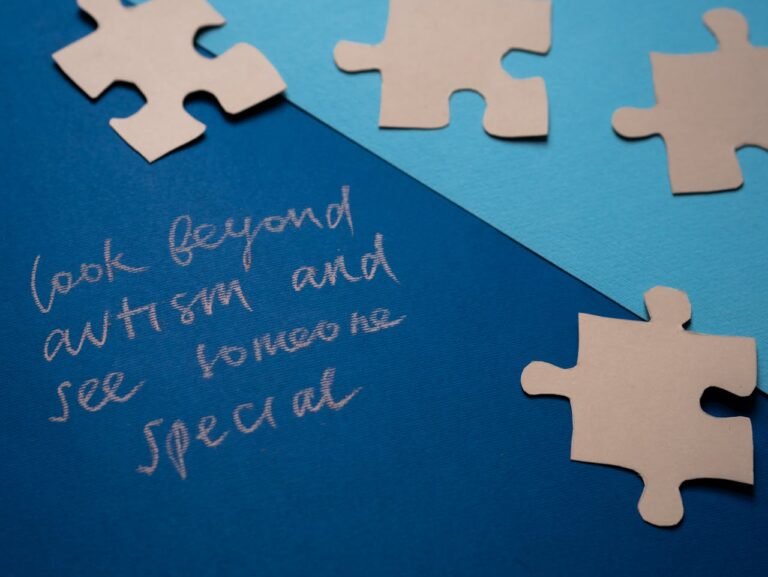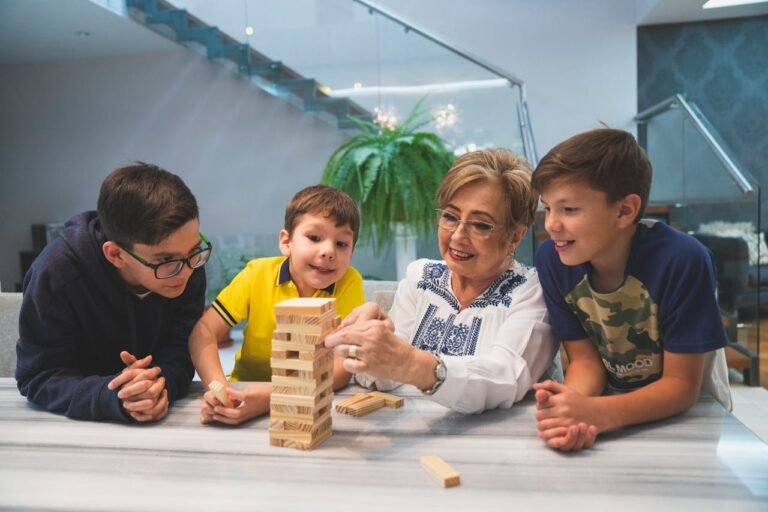Dyscalculia in Special Children is one of the getting-to-know-you disabilities, and it involves mathematics. Let’s describe the situation and how it can affect each day. The maximum number of humans who suffer from dyscalculia. Dyscalculia in Special Children no longer involves being awful at math; alternatively, it pertains to gaining knowledge of differences that cause problems in grasping numbers and ideas of math properly.
In this text, we’ll research the circumstances and why it matters. We will discover approximately signs that a person probably has dyscalculia and why it is important to get assistance early. Knowing higher Dyscalculia in Special Children, we can locate approaches to make math less tough and help people who struggle with it. Let’s dive in!
Symptoms and Signs
Difficulty with Numbers
- Counting: Trouble counting items or understanding range sequences.
- Calculations: Difficulty carrying out easy mathematical calculations for addition, subtraction, multiplication, and division.
- Concepts: Understanding principles like time, money, and measurements becomes tough.
Spatial Awareness
- Directionality: There is confusion about left and right-hand sides, upward and downward directions.
- Spatial Relationships: Difficulty in apprehending spatial dating, for example, how various shapes could match collectively?
Causes and Risk Factors
Genetic Factors
- Family History: Dyscalculia in Special Children runs in households, indicating that the situation has a genetic hyperlink.
Brain Functioning
- Brain Differences: There is proof that people with dyscalculia probably have a few differences in how it systems numbers and math requirements.
Environmental Factors
- Early Education: Lack of early publicity to math standards or problems in gaining knowledge of math in early schooling.
Impact on Regular Life
Challenges
- School Performance: Problems doing well in math commands or performing math homework.
Everyday Tasks
- Practical Skills: Inability to carry out responsibilities associated with numbers, including telling time or managing cash.
Emotional Impact
- Nerves and Anger: Becoming pissed off or traumatized over math assignments and tests.

Diagnosis of Dyscalculia in Special Children
Assessment Process
To diagnose dyscalculia, the following assessments are used:
- Educational Assessments: The standardized and timed assessments for arithmetic capabilities testing, which include a variety of experiences, computation, and mathematical reasoning.
- Psychological Assessments: Diagnosticians would understand the cognitive strengths of the child, which can also have a connection with mathematical capabilities. This includes testing for memory, attention, and spatial reasoning.
- Clinical Interviews: Information concerning developmental records, instructional performance, and behavioral observations.
Professionals Involved
Different specialists play important roles in arriving at a diagnosis for Dyscalculia in Special Children:
- Teachers: This can give valuable input from the study room performance and remarks.
- Psychologists: Conduct mental checks to unravel cognitive strengths and weaknesses linked to math competencies.
- Specialists: Specialized checks and interventions customized to the wishes of dyscalculic inexperienced persons.
Strategies and Interventions
Instructional Methods
Effective coaching strategies and models embody the next:
- Structured Math Programs: Systematic techniques to educate math ideas step-by-step.
- Multisensory Learning: Both seen, auditory, and tactile strategies to enhance expertise.
- Individualized Education Plans (IEPs): Tailor-made reading techniques and resources to meet unique character reading needs
Assistive Applied Sciences
Tools and assets that facilitate math gaining knowledge consist of:
- Calculators and Math Apps: These are used to assist with calculations and problem-solving abilities.
- Text-to-Speech and Speech-to-Text Tools: These are used to assist with the studying and writing components of math-based activities.
- Interactive Whiteboards: These are used to demonstrate arithmetic principles and facilitate interactive studying.
Psychological and Emotional Support
Coping Strategies
Strategies to address frustration and tension:
- Mindfulness and Relaxation Techniques: Participated in calming carrying activities to relieve strain when attending arithmetic sports.
- Positive Reinforcement: Acknowledging effort and progress towards growing self-confidence and motivation.
Counseling Role
Need for emotional aid and counseling:
- Emotional Regulation: Gaining techniques for managing emotions about mathematical difficulties.
- Self-Advocacy Skills: Gaining self-assurance to request assistance and country wishes. Support Systems and Resources.
Support and Resources
Family Support
How families could support people with Dyscalculia in Special Children:
- Encouragement and Understanding: Providing emotional guidance and undoubtedly reinforcing Mastering efforts within the domestic.
- Working with Educators: Collaborating to implement practices and provide faculty improvement.
Community Resources
Accessing help agencies, training applications, and advocacy businesses for
- Support Organizations: Connecting with different people who’ve confronted similar issues and sharing opinions.
- Educational Workshops: Be a part of the training to discover approximately Dyscalculia in Special Children and effective strategies.
Final Note
This paper has mentioned the multifaceted factors of Dyscalculia in Special Children, from evaluation to powerful strategies and aid systems. Appreciating a way to apprehend it has to begin with spotting its symptoms and in search of professional evaluation at an early level. In this, educators, psychologists, and different experts, through complete coaching and in-depth mental checks, play key roles in determining man or woman needs and tailoring interventions.
Some powerful pathways to strengthen arithmetic capabilities include educational strategies for setting up arithmetic programs and multi-sensory learning. In addition, the assistive era, including calculators and interactive devices, supports Dyscalculia in Special Children beginners by providing alternatives for mastering and solving problems. Other mental and emotional assistance includes coping techniques, counseling for frustrations, and confidence construction. These support, but enlarge beyond the lecture room to the family guide and community belongings. Families can champion their cherished ones by fostering their skills and collaboration with educators, whilst network members offer the right of entry to support organizations and training workshops. You can also share your story with us.
Precisely, learning and mastery of those techniques and assets no longer best equip people challenged by using Dyscalculia in Special Children with ways to deal with challenging conditions, but crucially empowers them to educational and private excellence. We include environments where all can attain complete ability by raising attention and providing non-stop help. Remember, you are not alone; now you can reach out, find the assets, and take that first step with self-belief and determination.






